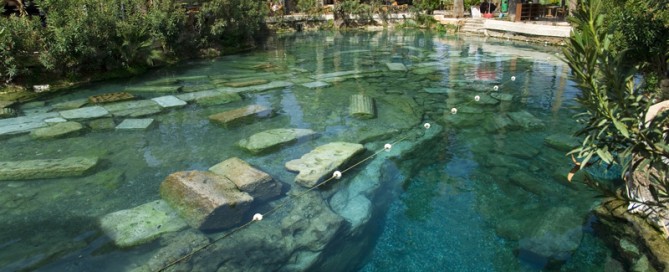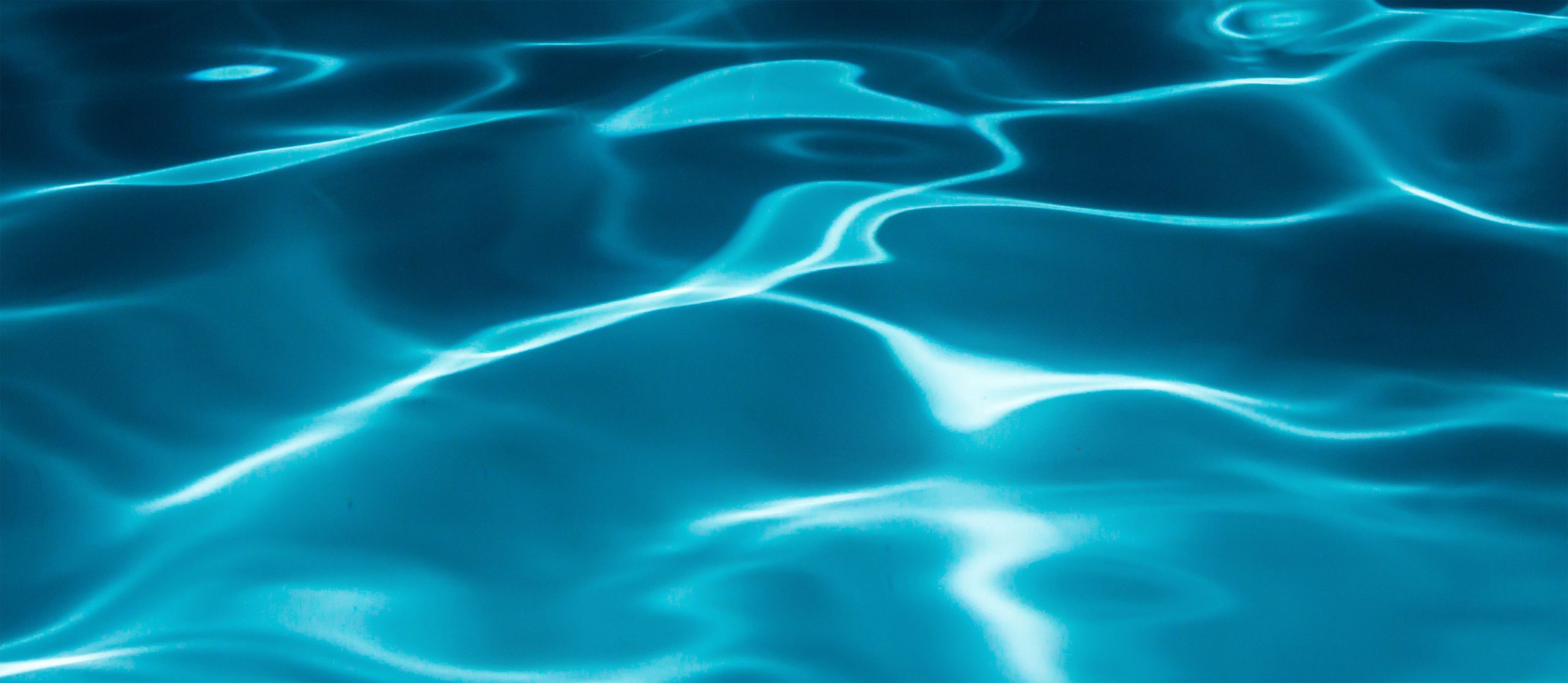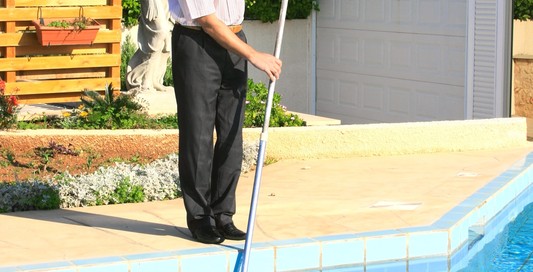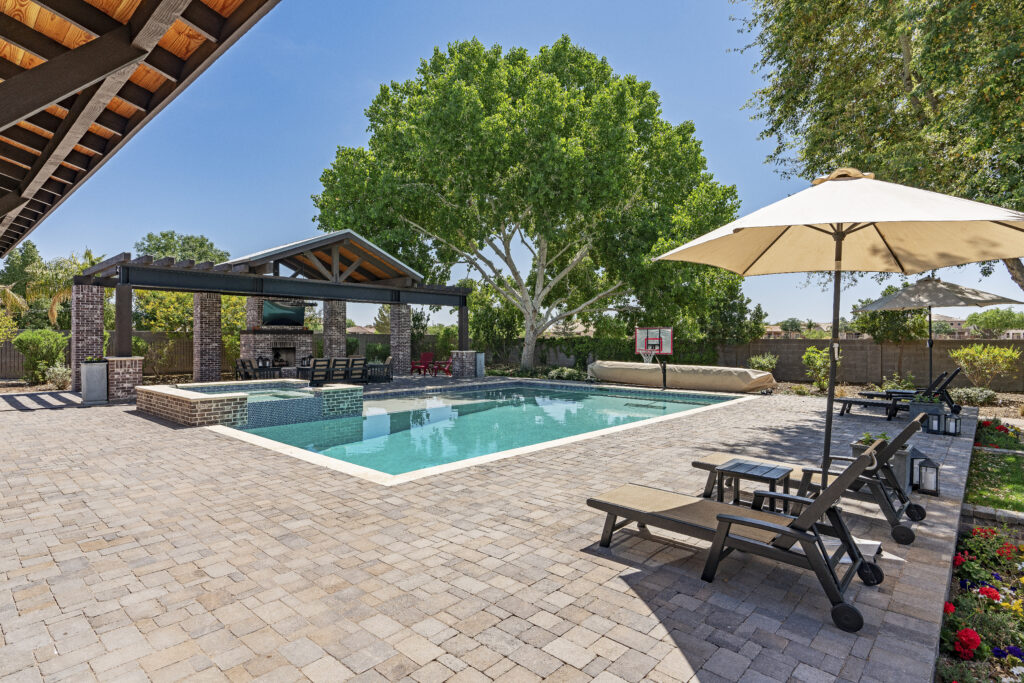Why Calcium Hardness is Important for Pools
- June 17, 2022
- Pool News,

Calcium Hardness – Why is it so important to know!
Calcium hardness is another important factor of a pool’s chemistry that must be managed. Calcium hardness refers to the amount of calcium and magnesium salts contained in water. For the purpose of pool water chemistry, only calcium is relevant.
- If calcium hardness levels are too low, your pool can experience discoloration in your pool walls, etching of the marcite (plaster), pitting of the concrete surfaces, and dissolving of grout can occur
- These problems are a result of the water in your pool looking to self-correct for the calcium it is missing.
- Pool water with low calcium will actively leech it out of the surfaces of the pool that contain calcium.
- High levels of calcium hardness can lead to cloudy water, clogged filters, and heater inefficiencies due to scaling.
There are several methods for adjusting calcium hardness and bringing your water chemistry back into balance.
- You can raise your calcium hardness level to the appropriate range of 200-400 ppm (parts per million) by adding calcium chloride (CaCl2).
- To decrease, you can add acid or you can lower your water and replace it with fresh water.
- If you choose to lower your saturation index with acid, be careful not to add too much as you do not want to drop your pH too low as this could result in other problems.
The important thing to remember is that through regular testing and monitoring, adjusting calcium hardness is relatively easy to identify and fix.
Want more information? Call the experts at Blue Water for pool services in the Jacksonville, FL area. We service a variety of pools and spas around the Jacksonville area. Relax! We take care of everything!




